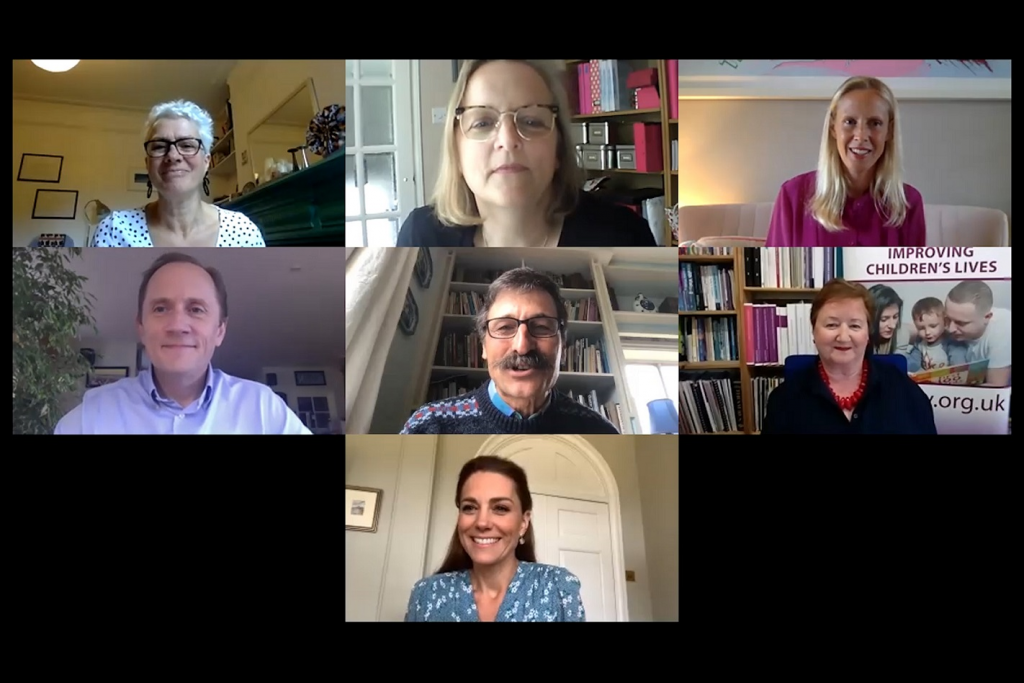Maternity Disparities Taskforce meets to improve pre-pregnancy care and maternity outcomes
Alison Morton, iHV’s CEO, attended yesterday’s meeting of the Maternity Disparities Taskforce. It was co-chaired by Health Minister Maria Caulfield who set out her ambition to ensure all women receive the same high standard of maternity care, regardless of their race.
The purpose of the taskforce – which is composed of mothers and clinicians – is to tackle disparities for mothers and babies, and reduce maternal and neonatal deaths. This will be done through improving access to care before, during and after pregnancy for women from ethnic minorities and those living in the most deprived areas.
The discussions, led by the Minister and the taskforce’s co-chair, NHS chief midwifery officer Professor Jacqueline Dunkley-Bent, focused on pre-pregnancy care and developing guidance to support Black women and women in deprived areas with healthcare before pregnancy begins, to give women and their babies the best possible start for life.
Alison Morton, iHV CEO, said:
“It was sobering to attend the rapidly reinstated Maternity Disparities Taskforce yesterday and to hear, yet again, about the stark inequities in pregnancy outcomes that need to be addressed. These affect black and brown women and the poorest disproportionately. The challenge from Professor Jacqui Dunkley-Bent, our Chief Midwifery Officer in England, to the Minister and all of us present was that we need to listen, hear and above all, act. How many more rafts of inquiries and reports on inequalities do we need?
“As always, the solution is that we need a ‘whole system’ response, yet the landscape of policies that might make a difference are still being developed in silos. I was able to speak about the vital contribution that health visitors can make to tackling these inequalities – we know what is needed, it is well evidenced in our universal and targeted work in preconception and perinatal health. But it won’t happen unless the ‘elephant in the room’ of workforce capacity is not addressed.”
Minister for Women’s Health Strategy Maria Caulfield said:
“Regardless of race or background, everyone should receive the highest quality maternity care.
“All stages of a woman’s life, from before she is pregnant to after delivery, are crucial to the health and wellbeing of both mother and baby.
“Today we met with mothers and healthcare experts to ensure women from ethnic minorities and those from deprived areas have access the right care and support for their journey into parenthood – and are listened to throughout this experience.
“We are considering the outcomes of the taskforce, and I will be monitoring progress closely to ensure real change can be made.”
The next taskforce will next convene in Summer 2023.
For further information:
https://publications.parliament.uk/pa/cm5803/cmselect/cmwomeq/94/report.html
https://www.gov.uk/government/news/new-taskforce-to-level-up-maternity-care-and-tackle-disparities
https://www.england.nhs.uk/publication/equity-and-equality-guidance-for-local-maternity-systems/



